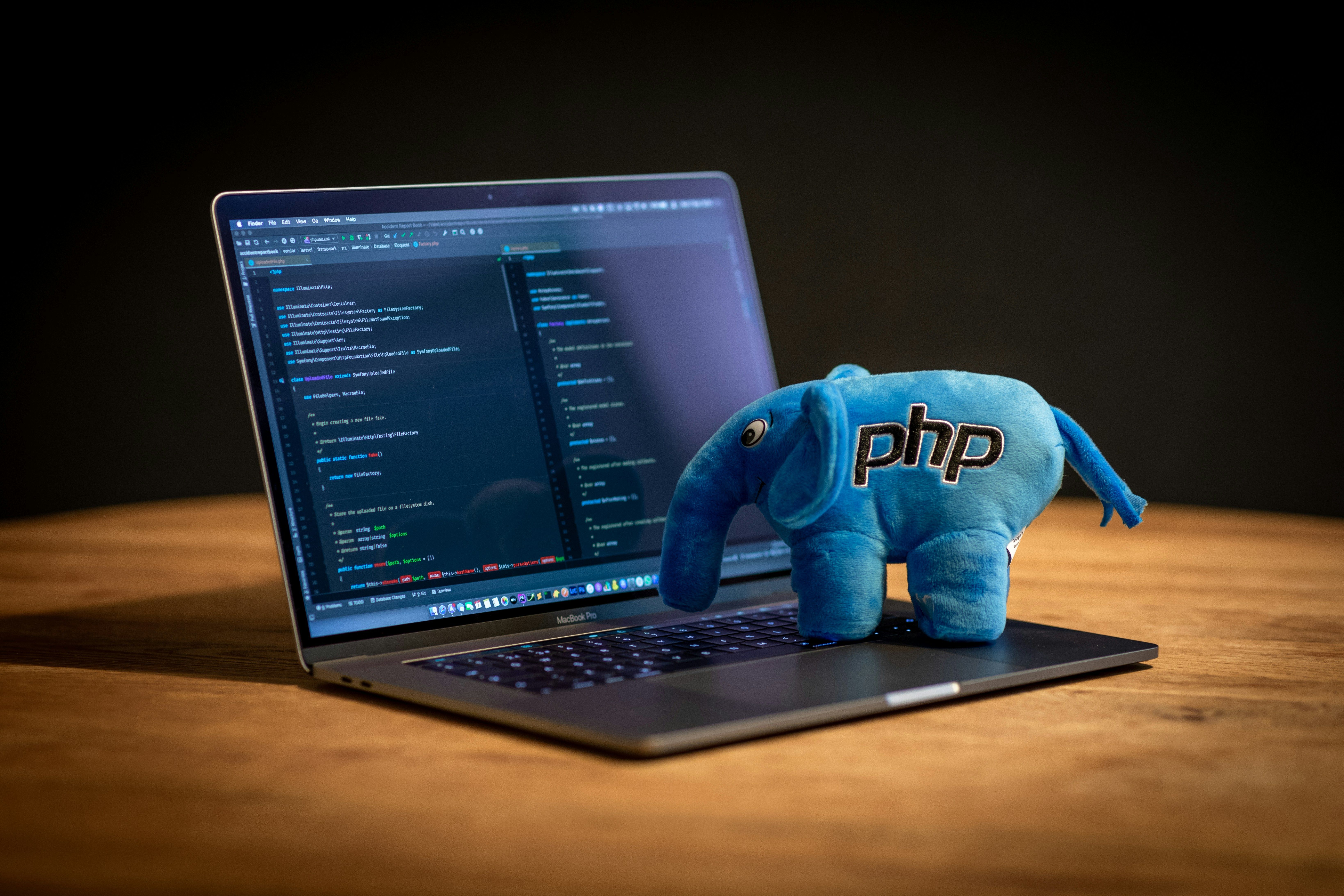Mastering PHP Development: Pros, Cons, Best Practices, and Tools

Mastering PHP Development: Pros, Cons, Best Practices, and Tools
Introduction:
PHP (Hypertext Preprocessor) is a widely-used server-side scripting language that is especially suited for web development. It is known for its ease of use, flexibility, and compatibility with various platforms. PHP powers some of the most popular websites on the internet, including Facebook, WordPress, and Wikipedia. In this blog post, we will delve into the advantages and disadvantages of using PHP in web development, along with best practices, tools, and frameworks that can enhance your PHP development experience.
Pros
- Component-Based Architecture: PHP allows developers to create modular, reusable components, making it easier to build and maintain complex web applications. This approach promotes code reusability and scalability.
- Virtual DOM: PHP frameworks like ReactPHP use a virtual DOM to improve performance by efficiently updating the parts of a web page that have changed. This results in faster rendering and a smoother user experience.
- Reusable Components: PHP encourages the creation of reusable components, which can be shared and used across different parts of a web application. This reduces development time and ensures consistency in design and functionality.
- Strong Community Support: The PHP community is large and active, providing a wealth of resources, tutorials, and libraries. This strong community support makes it easier for developers to learn PHP and find solutions to their problems.
- Cross-Platform Compatibility: PHP runs on various platforms, including Windows, macOS, Linux, and Unix. This cross-platform compatibility makes it accessible to a wide range of developers, regardless of their preferred operating system.
Cons
- Learning Curve: PHP has a steep learning curve, especially for developers who are new to server-side programming or come from a different programming background. Concepts such as variable types, scoping, and error handling can be challenging for beginners to grasp.
- Toolchain Complexity: Setting up and managing the PHP toolchain, including dependencies, libraries, and frameworks, can be complex and time-consuming. This complexity can be overwhelming, especially for developers who are just starting with PHP.
- SEO Challenges: PHP websites can face SEO challenges, particularly regarding dynamic content rendering and URL structures. Addressing these challenges requires additional effort and expertise to ensure that PHP websites are search engine friendly.
- Frequent Updates: PHP and its ecosystem undergo frequent updates, which can lead to compatibility issues with existing code and libraries. Keeping up with these updates can be challenging and time-consuming.
Best Practices
- Security: Follow best practices for security, such as input validation, data sanitization, and protection against SQL injection and cross-site scripting (XSS) attacks. Security should be a top priority in PHP development.
- Performance Optimization: Use caching mechanisms, optimize database queries, and minimize resource-intensive operations to improve the performance of your PHP applications. Performance optimization is crucial for providing a smooth and responsive user experience.
- Code Quality: Follow coding standards, use meaningful variable names, and maintain proper documentation to enhance the readability and maintainability of your PHP code. Writing clean and well-structured code makes it easier for other developers to understand and work with your code.
- Version Control: Use version control systems like Git to track changes to your code and collaborate with other developers effectively. Version control helps you manage and maintain your codebase, making it easier to roll back changes and track the evolution of your code over time.
Do's
- Use PHP's Built-in Functions: PHP provides a rich set of built-in functions for common tasks such as string manipulation, array processing, and file handling. Utilize these functions to simplify your development process and reduce code complexity.
- Follow Best Practices: Adhere to best practices for coding, security, and performance to ensure that your PHP code is efficient, secure, and maintainable. Following best practices helps you write high-quality code that is easy to understand and maintain.
- Utilize Object-Oriented Programming (OOP): PHP supports object-oriented programming (OOP), which allows you to create reusable and modular code. Use OOP principles to improve the structure and organization of your code.
- Stay Updated: Keep abreast of the latest developments in the PHP ecosystem, including new features, security updates, and best practices. Staying updated helps you leverage the latest advancements in PHP to improve your development process.
Don'ts
- Rely on Outdated PHP Versions: Using outdated PHP versions can expose your application to security vulnerabilities and compatibility issues. Always use the latest stable version of PHP to ensure that your code is secure and up to date.
- Neglect Security: Security should be a top priority in PHP development. Neglecting security measures can lead to data breaches and other security incidents. Always follow best practices for security to protect your PHP applications.
- Overuse Frameworks: While frameworks can streamline development, overusing them can lead to unnecessary complexity and performance overhead. Use frameworks judiciously, considering the specific needs of your project.
- Ignore Performance Optimization: Performance is critical in web applications. Ignoring performance optimization practices can result in slow-loading pages and a poor user experience. Always optimize your PHP applications for performance to ensure a smooth user experience.
Navigating with Helpful Tools
- PHP Frameworks: Consider using PHP frameworks like Laravel, Symfony, or CodeIgniter to accelerate development and maintain code quality. Frameworks provide a structured way to build web applications and offer many features out of the box.
- Dependency Management: Use Composer, a PHP dependency manager, to manage packages and libraries efficiently. Composer simplifies the process of including third-party libraries in your PHP projects.
- Testing Tools: PHPUnit is a popular testing framework for PHP. Use it for unit testing to ensure that your code behaves as expected and to catch bugs early in the development process.
- IDEs and Editors: Use PHP-specific IDEs like PhpStorm or editors like Visual Studio Code with PHP extensions for an enhanced development experience. These tools provide features such as code completion, debugging, and syntax highlighting, which can improve your productivity as a PHP developer.
- Performance Monitoring: Use tools like New Relic or Blackfire.io to monitor the performance of your PHP applications and identify bottlenecks. These tools help you optimize the performance of your PHP applications for better user experience.
Conclusion
Despite its challenges, PHP remains a popular choice for web development due to its versatility and strong community support. By following best practices, leveraging frameworks and tools, and staying updated with the latest developments, developers can harness PHP's capabilities to create robust and scalable web applications.


